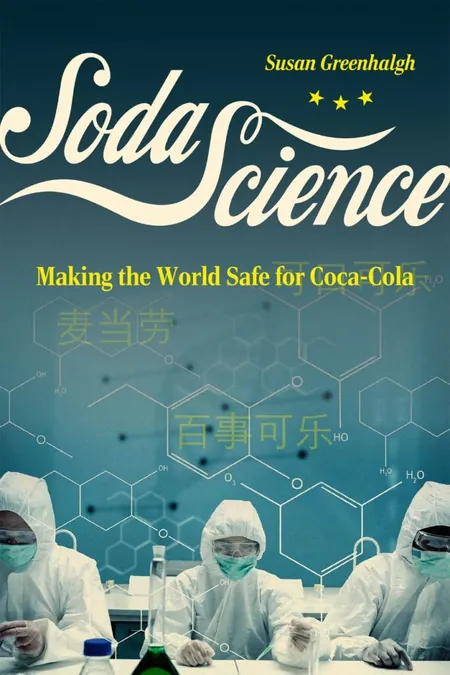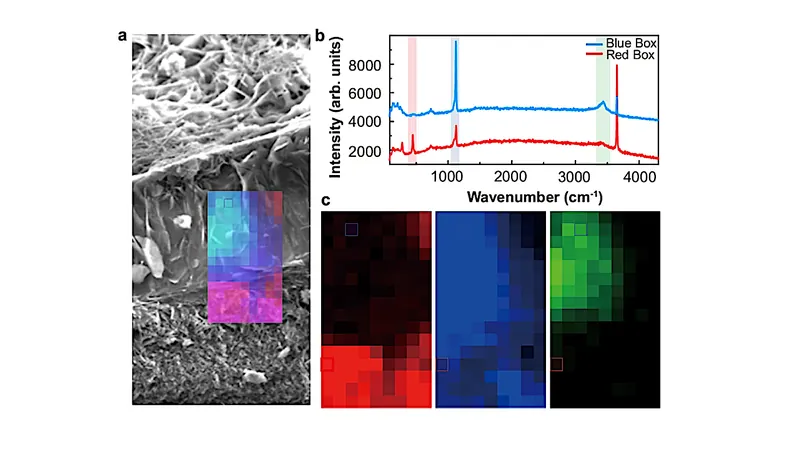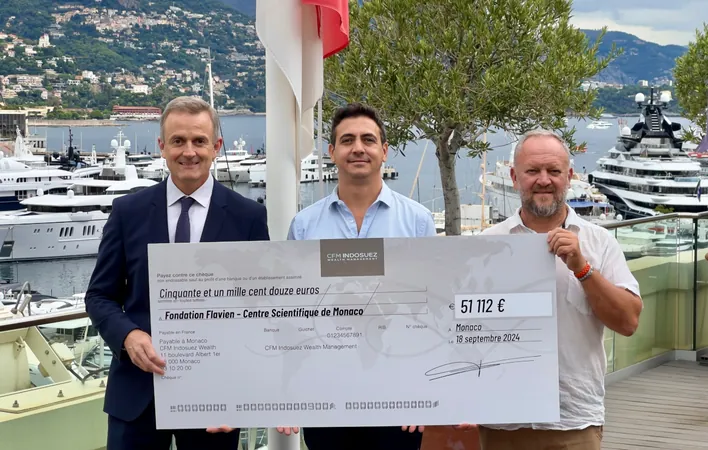
The Dark Truth Behind Coca-Cola's Influence on Public Health Policy: An Insight into Susan Greenhalgh's Research
2024-09-16
Introduction
A crucial revelation from public health studies on obesity is that one simply cannot outrun a poor diet with exercise. As the alarming rise in obesity rates surged during the 1990s, experts identified sugary sodas as key offenders, prompting calls for taxes on these products. This advocacy was met with fierce resistance from the junk food industry, particularly Coca-Cola, which mobilized academic supporters to propagate what Harvard’s Susan Greenhalgh dubs “soda-defense science.” This approach prioritized exercise over dietary changes, with slogans like “count steps, not calories” taking center stage.
Susan Greenhalgh: An Academic Perspective
Susan Greenhalgh, a prominent figure in the discourse on food and health, has a rich academic background. As the John King and Wilma Cannon Fairbank Professor of Chinese Society Emerita at Harvard University, she's authored critical works including *Fat-Talk Nation: The Human Costs of America’s War on Fat* and her forthcoming title, *Soda Science: Making the World Safe for Coca-Cola.*
Historical Context of Obesity Advocacy
In a recent interview, Greenhalgh elaborated on her long-standing interest in the obesity epidemic, tracing its beginnings in Southern California over two decades ago when it became a significant political topic. The narrative around obesity was often laden with moral judgments, attributing blame to individuals for their health issues instead of recognizing larger systemic influences.
Corporate Influence in Health Policy
Initially, Greenhalgh's exploration was about the rise of the obesity epidemic; she later turned her academic lens towards understanding the corporate influence over health policy in China. Her investigations led her to uncover startling connections between multinational corporations, like Coca-Cola, and the shaping of public health norms in rapidly urbanizing nations.
The Controversy of Soda Science
Through extensive research, Greenhalgh identified a systemic bias where the narrative pushed by soda science claims that exercise is the sole remedy for obesity, while dismissing the necessity of taxing sugary beverages. Despite calls from health experts, including Michael Jacobson and Kelly Brownell, for soda taxes as effective measures to combat obesity, proponents of soda science often ignored this approach altogether, effectively silencing discussions around the issue.
Findings from China: Corporate vs. Public Health
Greenhalgh's exploration into China revealed a similar pattern of corporate influence over public policy. Her interviews with individuals connected to the International Life Sciences Institute (ILSI) showcased a network of industry-funded research aimed at supporting corporate interests rather than public health. The head of ILSI's China branch, Chen Chunming, openly admitted that funding from food companies influenced their scientific endeavors, stating, “they all understand our science is objective.”
Impact of Corporate Messaging
This disregard for potential bias allowed Coca-Cola to craft favorable health narratives while undermining measures that might curtail its profits, like soda taxation. Greenhalgh highlighted how Coca-Cola ingrained itself within Chinese health policy, aligning with political openings to spread the message that promoted exercise as the primary solution for obesity and reinforced their corporate image as proactive players in public health.
Effects of China's Open-Door Policy
The open-door policy towards junk food in China initiated in 1978 led to a stark increase in childhood obesity, particularly as Western fast food and sugary products became more accessible. Experts now recognize this troubling trend, as a younger generation of health specialists in China began to critically assess the roles that food companies and industry biases have played.
A Call for Integrity in Public Health
Greenhalgh's findings have sparked important conversations about the integrity of public health science amidst corporate interests. The revelations surrounding ILSI China and its operations have mobilized calls for greater scrutiny of how corporate funding shapes scientific outputs. As a result, ILSI China has been dissolved, and Coca-Cola has distanced itself from the organization, indicating a significant shift in the ongoing battle over food, health, and corporate influence.
Conclusion
In conclusion, Susan Greenhalgh's work serves as a compelling reminder of the need to critically evaluate the influences of corporate interests in public health discourse. With steady calls for reform and a re-examination of health policies on a global scale, the narrative around food and health is poised for transformation. The question remains: how will society navigate these complex waters moving forward?



 Brasil (PT)
Brasil (PT)
 Canada (EN)
Canada (EN)
 Chile (ES)
Chile (ES)
 España (ES)
España (ES)
 France (FR)
France (FR)
 Hong Kong (EN)
Hong Kong (EN)
 Italia (IT)
Italia (IT)
 日本 (JA)
日本 (JA)
 Magyarország (HU)
Magyarország (HU)
 Norge (NO)
Norge (NO)
 Polska (PL)
Polska (PL)
 Schweiz (DE)
Schweiz (DE)
 Singapore (EN)
Singapore (EN)
 Sverige (SV)
Sverige (SV)
 Suomi (FI)
Suomi (FI)
 Türkiye (TR)
Türkiye (TR)